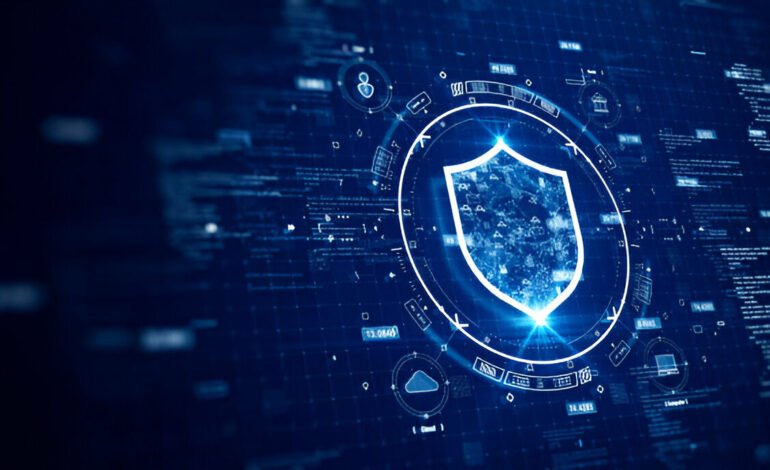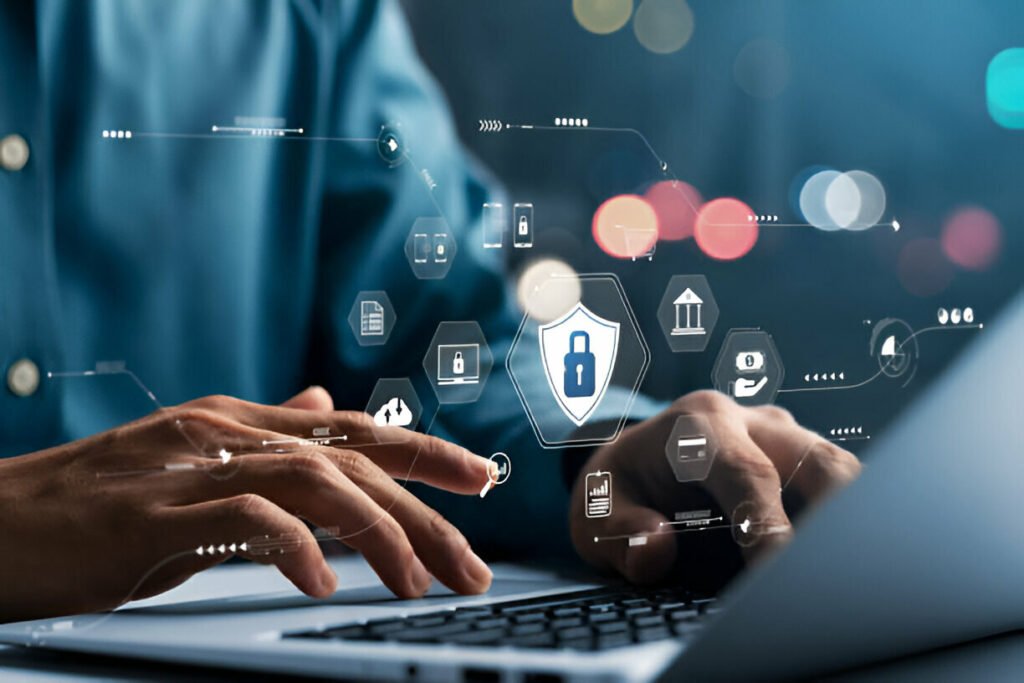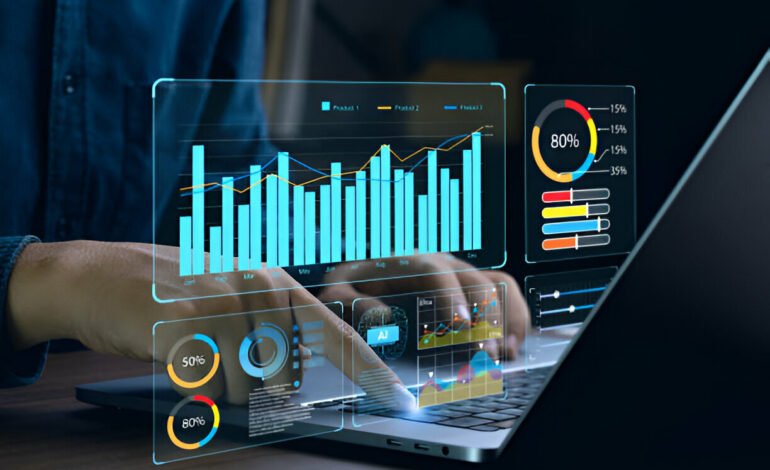
What is Cybersecurity? Everything You Need to Know
In today’s digital age, where everything from banking to socializing happens online, cybersecurity is more important than ever. But what exactly is cybersecurity? Let’s dive into everything you need to know to stay safe in the digital world.
Introduction to Cybersecurity
Imagine your online data as your home. Cybersecurity is like the locks, alarms, and security cameras that protect your home from intruders. It’s the practice of protecting systems, networks, and programs from digital attacks.
Why is Cybersecurity Important?
Cybersecurity is crucial because it protects all categories of data from theft and damage. Cybersecurity is crucial because it protects all categories of data from theft and damage. But what exactly are the threats we’re protecting against, and how can we defend ourselves? Let’s explore the different types of cyber threats and the common practices used to combat them. This includes sensitive data, personally identifiable information (PII), protected health information (PHI), intellectual property, and governmental and industry information systems.

Types of Cyber Threats
Malware
Malware is malicious software designed to harm your computer. Think of it as a digital version of a disease that can infect your computer system.
Phishing
Phishing involves tricking you into giving out your personal information, like passwords or credit card numbers, by pretending to be a trustworthy source.
Ransomware
Ransomware locks you out of your own files and demands payment to get them back. It’s like a kidnapper holding your data for ransom.
Common Cybersecurity Practices
Regular Software Updates
Keeping your software up-to-date ensures you have the latest security patches to protect against new threats.
Using Strong Passwords
A strong password is like a sturdy lock on your door. It makes it harder for hackers to gain access to your accounts.
Enabling Two-Factor Authentication
Two-factor authentication (2FA) adds an extra layer of security by requiring two forms of verification before granting access.Two-factor authentication (2FA) enhances security by requiring two separate forms of verification before granting access. This could be something you know, like a password, combined with something you have, like a smartphone. By adding this extra step, 2FA significantly reduces the risk of unauthorized access, making it much harder for cybercriminals to breach your accounts.
Passwords and Authentication
Using unique passwords for different accounts can be a hassle, but it’s worth the effort. Consider using a password manager to keep track of them. Authentication methods like biometric scans (fingerprints or facial recognition) offer enhanced security.
Antivirus Software
Antivirus software scans your computer for malicious programs and removes them. It’s like having a personal doctor for your digital health.
Data Encryption
Data encryption converts your data into a code to prevent unauthorized access. It’s like sending a secret message that only the intended recipient can read.
Cybersecurity for Businesses
Businesses are prime targets for cyber attacks. Implementing robust cybersecurity measures can prevent data breaches, protect customer information, and maintain trust.
Employee Training
Regular training on recognizing phishing attempts and following security protocols can significantly reduce the risk of a cyber attack. Regular training on recognizing phishing attempts and adhering to security protocols can greatly reduce the risk of a cyber attack. By educating employees on how to spot suspicious emails and follow best practices, businesses can build a stronger defense against potential threats. Regular training on recognizing phishing attempts and adhering to security protocols can greatly reduce the risk of a cyber attack. But beyond training, what other measures can businesses implement to enhance their cybersecurity? Let’s delve into network security and other critical practices.
Network Security
Ensuring that the tech network is secure can prevent unauthorized access and protect sensitive company information.
Cybersecurity for Individuals
As individuals, we need to be vigilant about our online activities to protect our personal information.
Safe Browsing Habits
Avoid clicking on suspicious links or downloading files from unknown sources. It’s like not talking to strangers in a digital world.
Social Media Awareness
Be cautious about the information you share on social media. Oversharing can make you a target for cybercriminals.
The Future of Cybersecurity
The world of cybersecurity is constantly evolving. As technology advances, so do the methods used by cybercriminals. Staying informed and adapting to new security measures is essential to staying safe.
AI and Cybersecurity
Artificial Intelligence (AI) is playing a growing role in cybersecurity. AI can help predict and identify threats more quickly and accurately than human analysts.
Quantum Computing
Quantum computing promises to revolutionize many fields, including cybersecurity. It has the potential to create unbreakable encryption methods.
Cybersecurity is like a never-ending game of cat and mouse. As we become more reliant on digital technology, understanding and implementing cybersecurity measures is crucial to protect our data and privacy.





